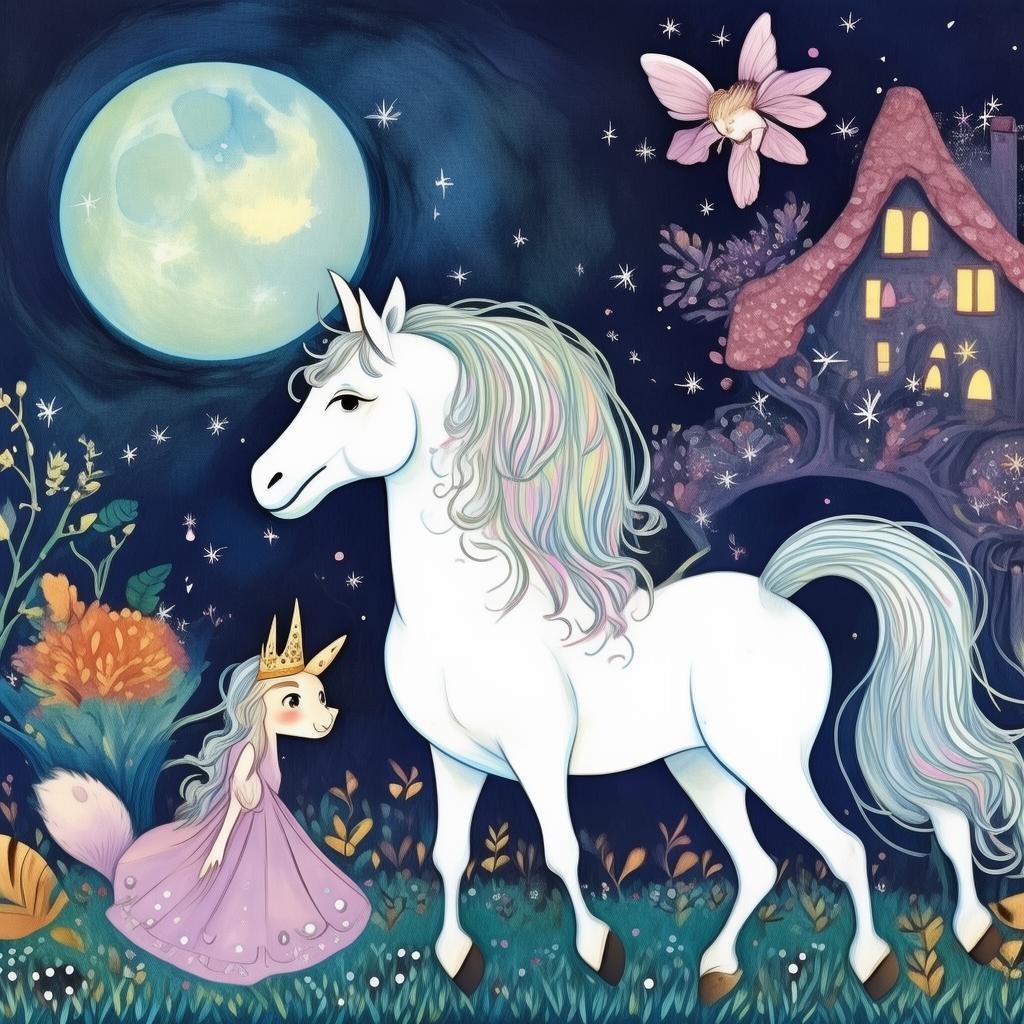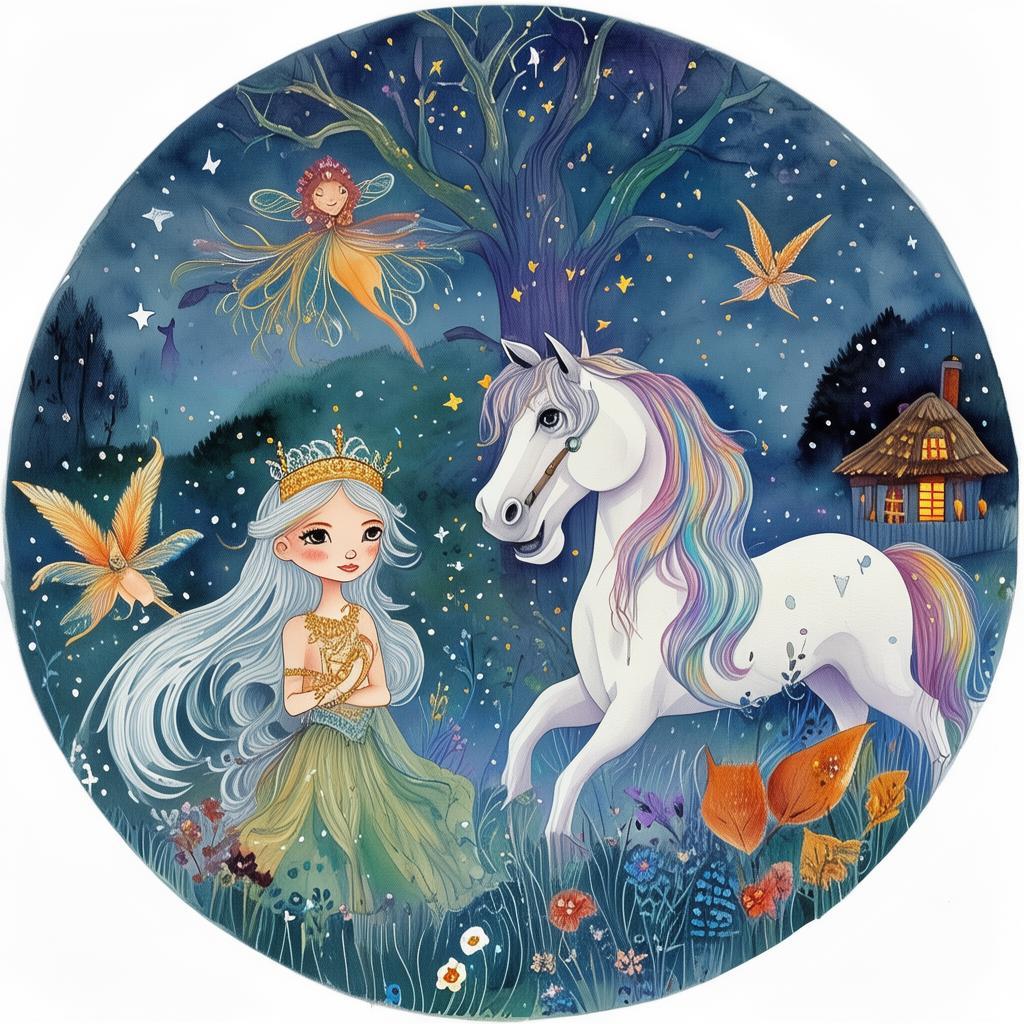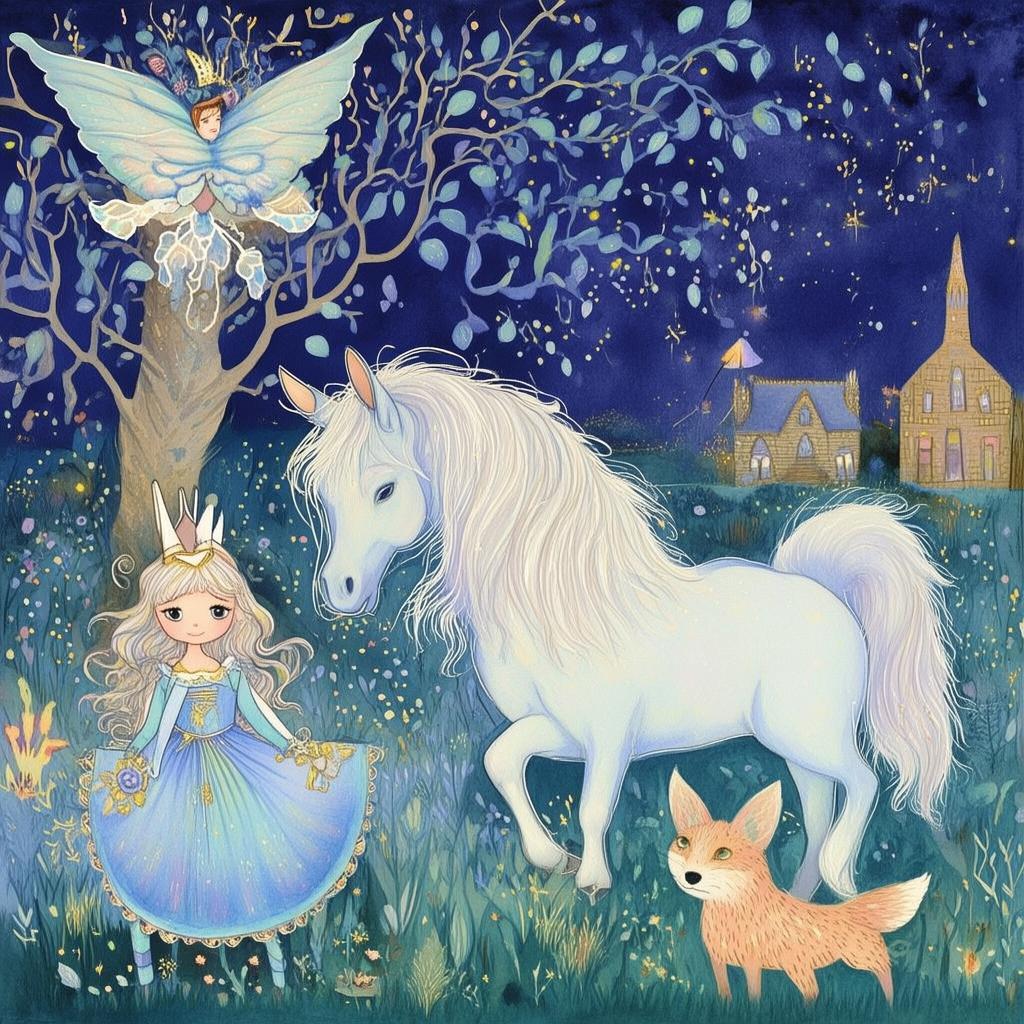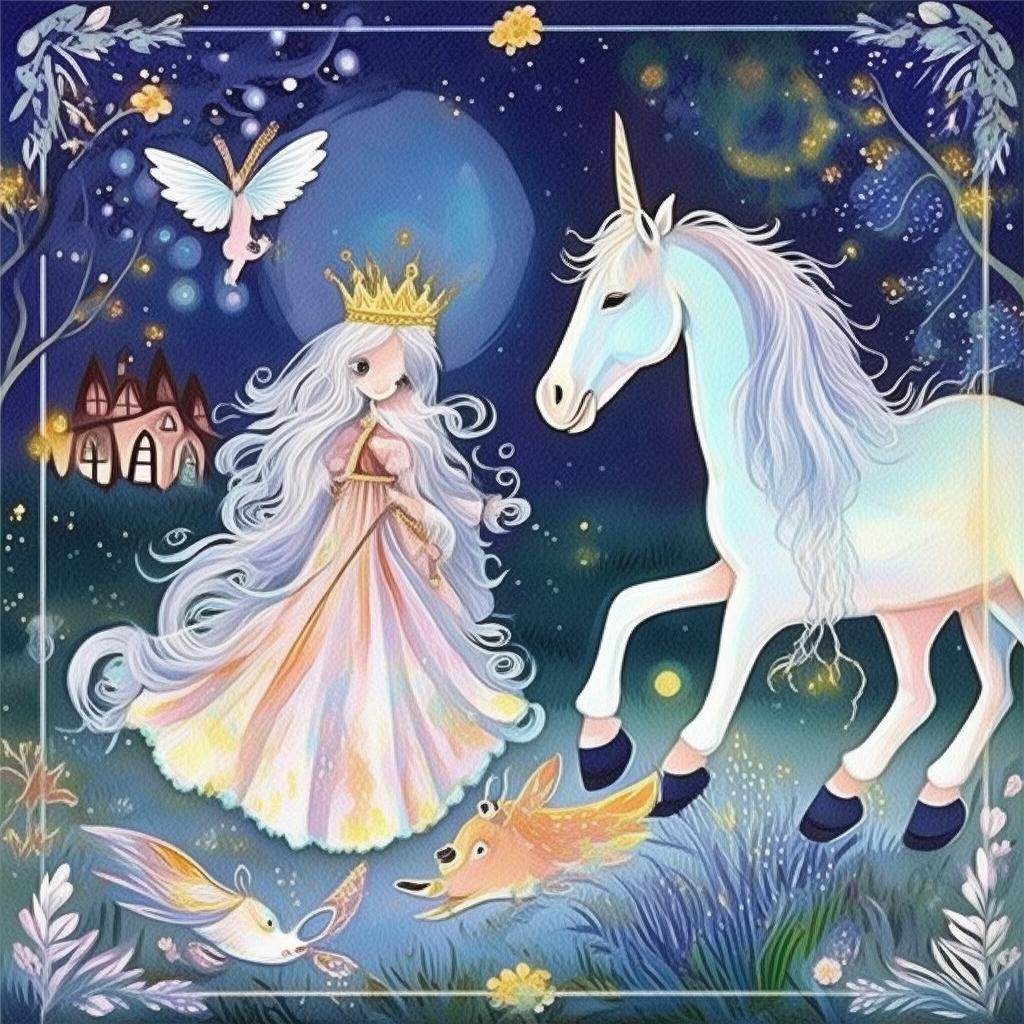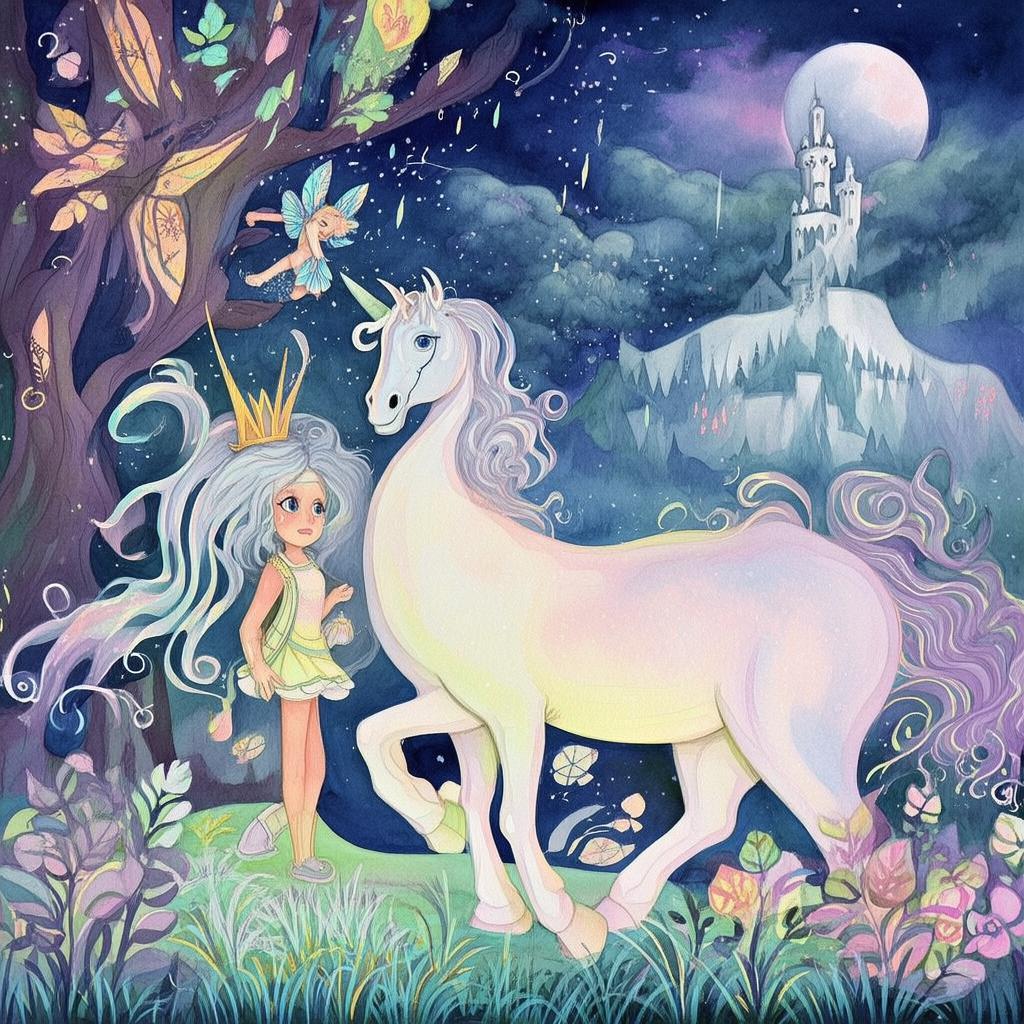Urban Utopia: The Rhythm of Redemption
In the heart of the sprawling metropolis of Urbania, where the neon lights of the night never dim, there lived a young hip-hop artist named Zara. Her stage name, "Urban Utopia," was a beacon of hope in a city that had long since lost its way. The streets were a patchwork of decay and dreams, where the dreams were often as fleeting as the night itself.
Zara's life was a symphony of beats and rhymes, her lyrics a blend of pain and passion. She had grown up in the rough neighborhoods of Urbania, her voice a testament to the struggles and triumphs of her people. Her music was the heartbeat of the city, a rhythm that could stir the soul and move mountains.
One evening, as Zara performed on a street corner, her eyes were drawn to the silhouette of a young boy peering through the crowd. His face was marked with the same weariness that seemed to permeate the air, and his eyes held a glimmer of hope that was as rare as a diamond in the rough.
The boy, named Kaleb, approached her after her set. "I've heard your music," he said, his voice barely above a whisper. "It's like you're singing straight from my soul."
Zara smiled, recognizing the kindred spirit in him. "You should come to the studio," she offered. "We could make something beautiful together."
Kaleb nodded, his eyes lighting up with the promise of a new beginning. And so, the seeds of a revolution were sown in the heart of Urbania.
As Zara and Kaleb began to collaborate, they discovered that their music had the power to heal. They created tracks that spoke of love, hope, and the indomitable spirit of the human heart. Their songs spread like wildfire, resonating with the people of Urbania, who had long been starved for something to believe in.
But the city was not without its enemies. The crime lords who had taken control of the streets were not keen on the rise of two young artists who dared to challenge their dominance. Threats and violence followed, but Zara and Kaleb stood firm, their music their shield and their weapon.
One night, as they were preparing for a major concert, a shadowy figure approached Zara. "Your music will bring down this city," the figure hissed. "It's time for it to end."
Zara's heart raced, but she remained calm. "You can't stop us," she replied, her voice steady. "We're here to bring light to the darkness."
The figure chuckled, a sound that was as cold as the night air. "Light can be just as dangerous as darkness when it shines too brightly."
And with that, the figure vanished into the night.
The day of the concert arrived, and the crowd was massive. The energy was palpable, a tide of hope and determination rolling through the streets. As Zara took the stage, she felt the weight of the city on her shoulders, but she also felt the strength of her people behind her.
She began to sing, her voice a powerful force that seemed to cut through the fabric of reality. The crowd was mesmerized, their eyes filled with tears and hope. In that moment, it was clear that the music had become more than just a song—it was a force for change.
As the final notes of her song echoed through the air, the crowd erupted into cheers and applause. The concert had become a turning point for the city, a moment when the people of Urbania realized that they were not alone in their struggle.
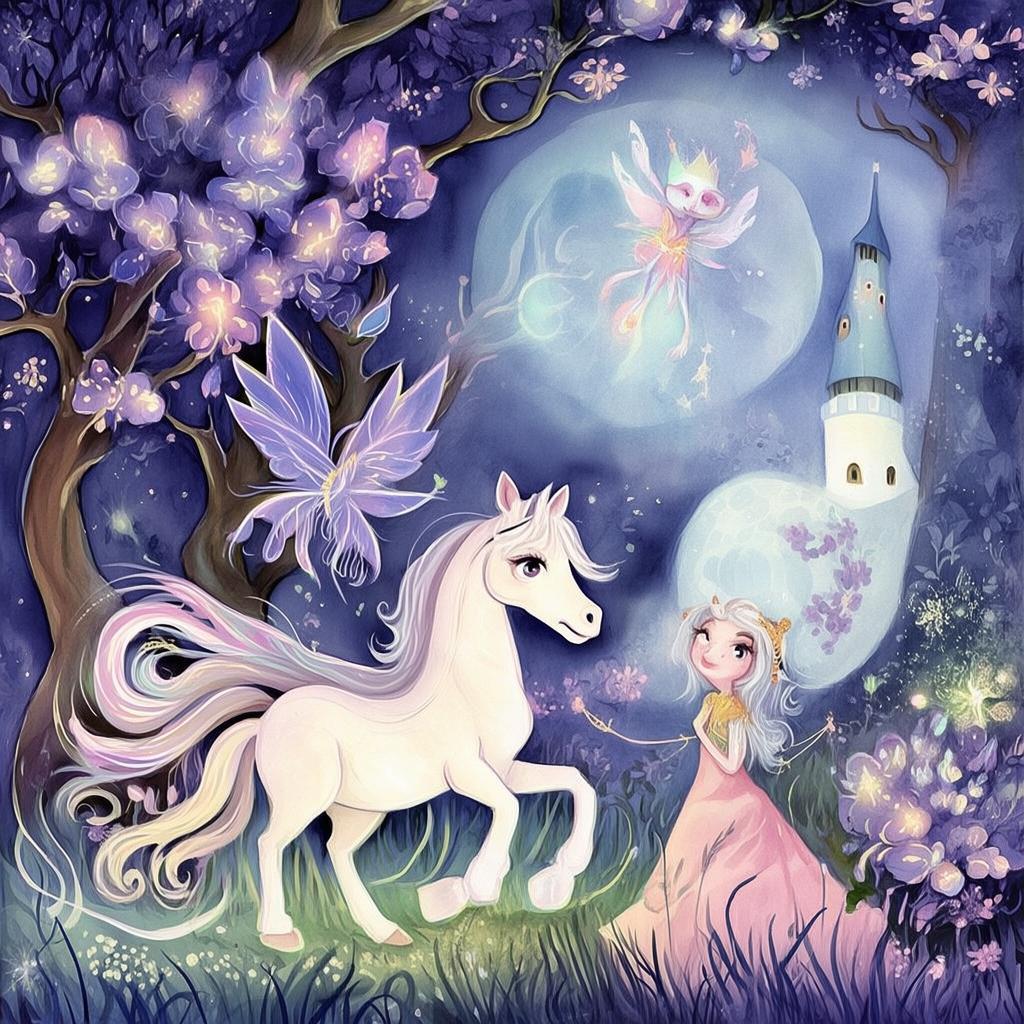
In the days that followed, the crime lords began to lose their grip on the city. The people of Urbania took to the streets, their voices united in a chorus of change. The music had done its work, and the city was on the cusp of a new era.
Zara and Kaleb continued to perform, their music a constant reminder that hope could be found even in the darkest of times. And as the city began to heal, so too did their own hearts, finding redemption in the rhythm of life.
The Rhythm of Redemption was more than just a song; it was a testament to the power of music to unite, to inspire, and to bring about change. In the heart of Urbania, a new utopia was born, and Zara and Kaleb were its heroes.
✨ Original Statement ✨
All articles published on this website (including but not limited to text, images, videos, and other content) are original or authorized for reposting and are protected by relevant laws. Without the explicit written permission of this website, no individual or organization may copy, modify, repost, or use the content for commercial purposes.
If you need to quote or cooperate, please contact this site for authorization. We reserve the right to pursue legal responsibility for any unauthorized use.
Hereby declared.

